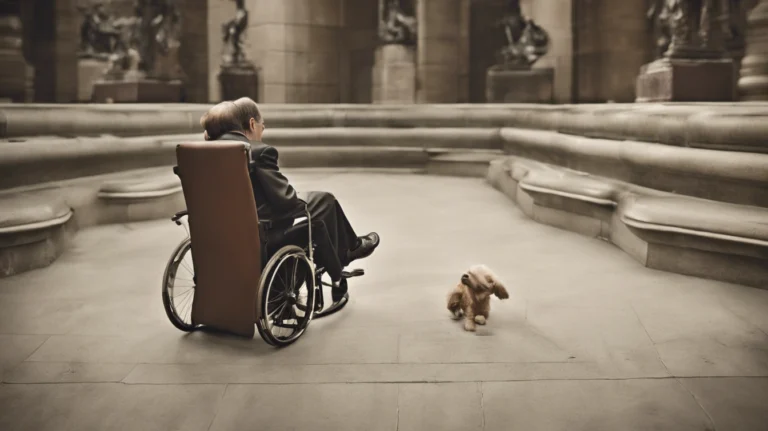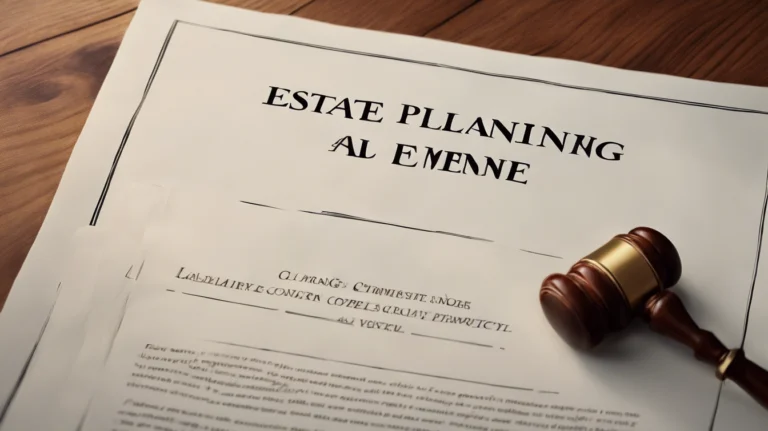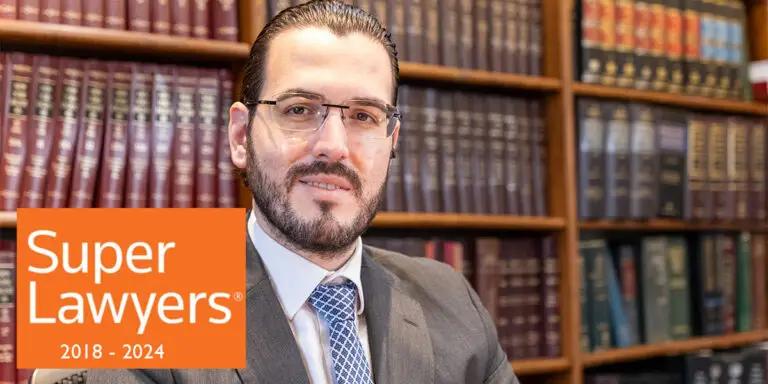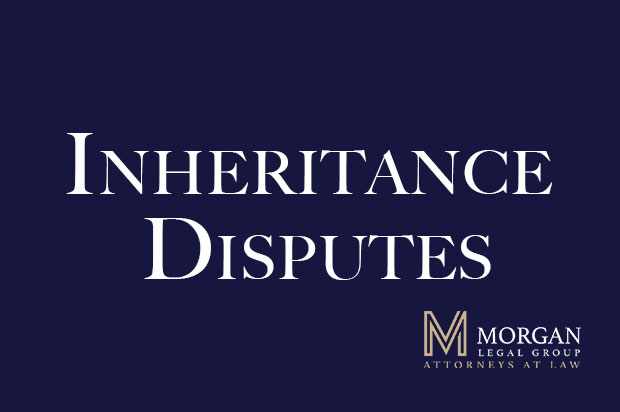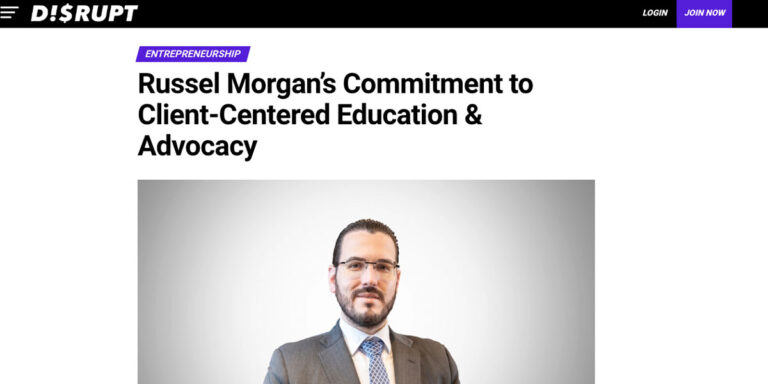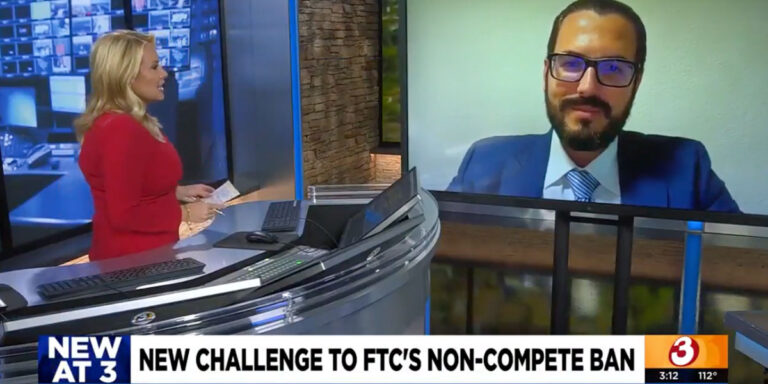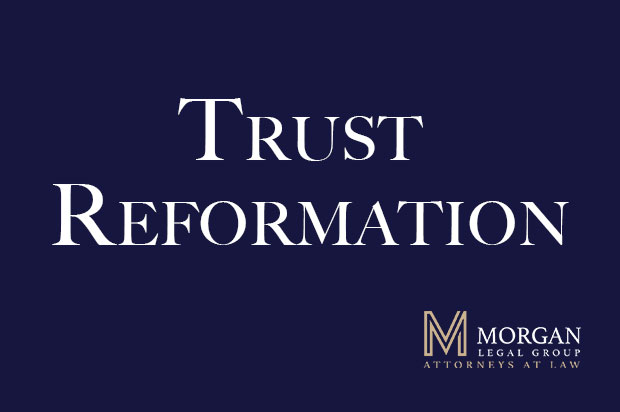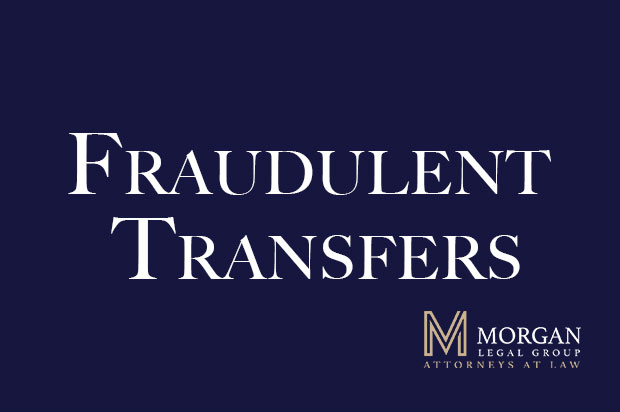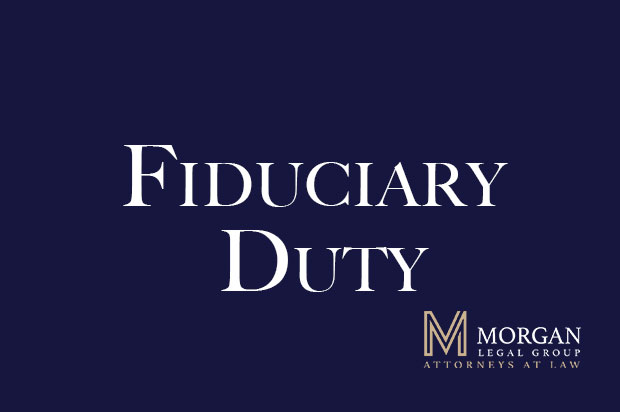An Estate Plan
With an inherited IRA that’s been passed down to you you should make an estate plan as well for the same experience towards a family member you trust. An estate plan can provide you the essentials needed to make sure your estate and all your assets are in good hands. It includes a Will, power of attorney, a trust, healthcare proxies and care of all your belongings. A Will assigns your executor, the person who’s responsible with your final wishes, while trusts manage distribution of all your assets. Healthcare proxies is proper healthcare you ask for in your Will. A lawyer can give you the guidelines when putting your document in order to ensure you a successful future probate.
What You Should Provide
Things you should provide is to assign an executor and a trustee. Put any accounts like investments, bank information, etc on the Will and assign to who obtains it. You need to also make sure you have guardianship if you have children to other guardians who you are close with. Also ask what type of healthcare you want and other information for your lawyer to get the best service.
Now That You’re Prepared
You’re ready for an easy case on your estate plan and full comfort as it processes. A full proof estate plan can guarantee you safety of not only what you own but your family living situation against extra payments that can have them sell the estate itself. To be prepared its important that a lawyer helps you go through the whole planning process to undergo a good court experience.
FAQ
1. Do beneficiaries pay tax on IRA inheritance?
Distributions towards the inheritor or beneficiaries is tax free but it will be taxed as regular income.
2. Can you split up an inherited IRA?
Yes you can. All you need to do is to name a new beneficiary and include decedent as well. After that, inheritances would be split among other beneficiaries listed.
3. Can I Create an Plan on My Own?
You are free to create your own plan but doing so would have you leave any important details and is a good chance that will happen because of certain law terms you need to bring up. So creating your own plan may be an invalid one.
4. What is an Estate Settlement?
An estate settlements is the process of a decedent’s estate being transferred to an assigned trustee or beneficiaries. There’s also planning of who obtains all these assets but expenses that go with it all.
5. Often Should I Update My Estate Plan?
Your estate plan should be looked over every 5 years or so but may need adjustments if you’re involved in marriage, bear any children or filed for divorce. This is due to legal laws within the state and now who’s involved.
6. Should you avoid probate?
There’s an understanding when wanting to avoid a probate and it’s due to waiting a year for courts approval or even having the courts approval rather than your own. Both these things can pile more fees on top of the file the more complicated things get through many disagreements. Though most Wills or trusts are specific which already comes with it’s complications which is why it takes a while for the probate to process. It is necessary to use the probate because if you’re looking through the file rather than an attorney, you will be prone to mistakes and more fees that the attorney could of spotted. Upcoming mistakes can also cause the filing to be longer than it should. So you shouldn’t avoid any probates.
7. What is a Revocable Living Trust?
A revocable living trust is needed when it comes to managing your own assets and what to do with them if you’re in critical condition or aging. A living trust can give you the luxury of choosing what kind of healthcare proxy you want and also has the power to avoid the probate process that can save you from those fees.
8. Can an irrevocable trust be amended?
One thing you can do by is to remove assets you’ve written within the trust. You will still have the trust on file but it’ll be one that is empty. There’s also booking an appointment with the court through a trustee since he or she is responsible for making any adjustments as well in the trust even if it’s irrevocable. As long as there’s a good reason for the modification.






